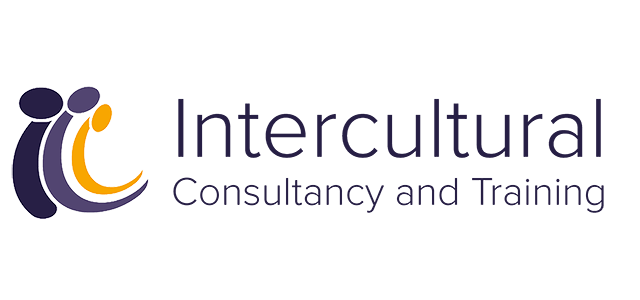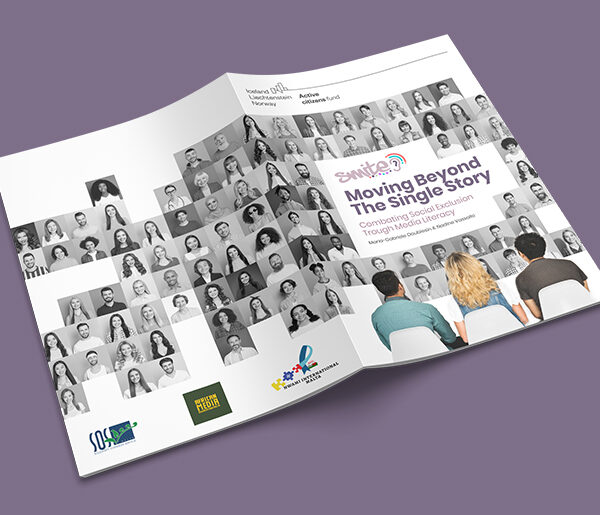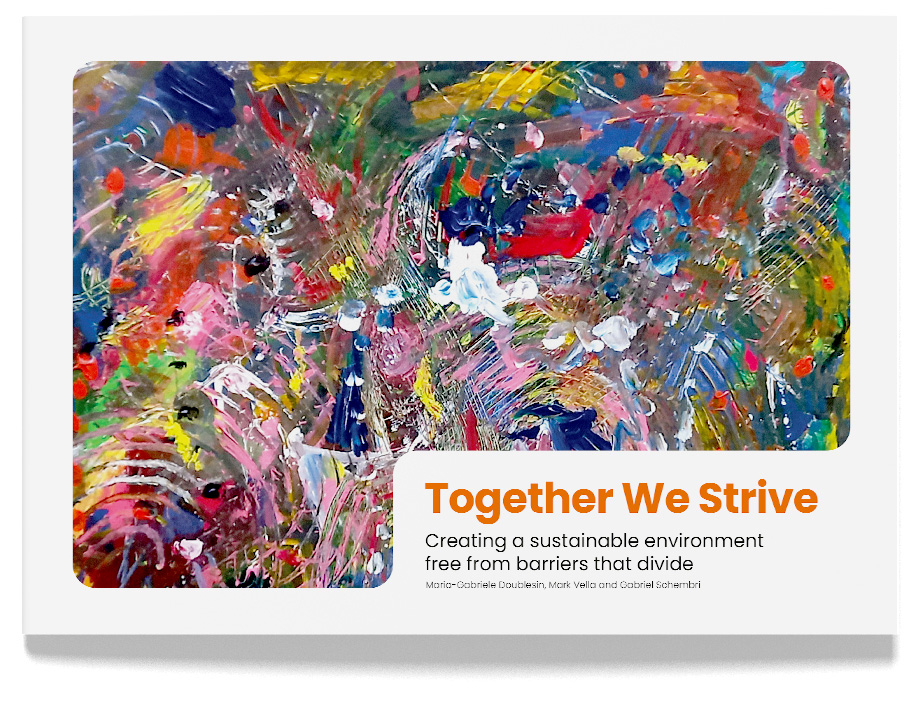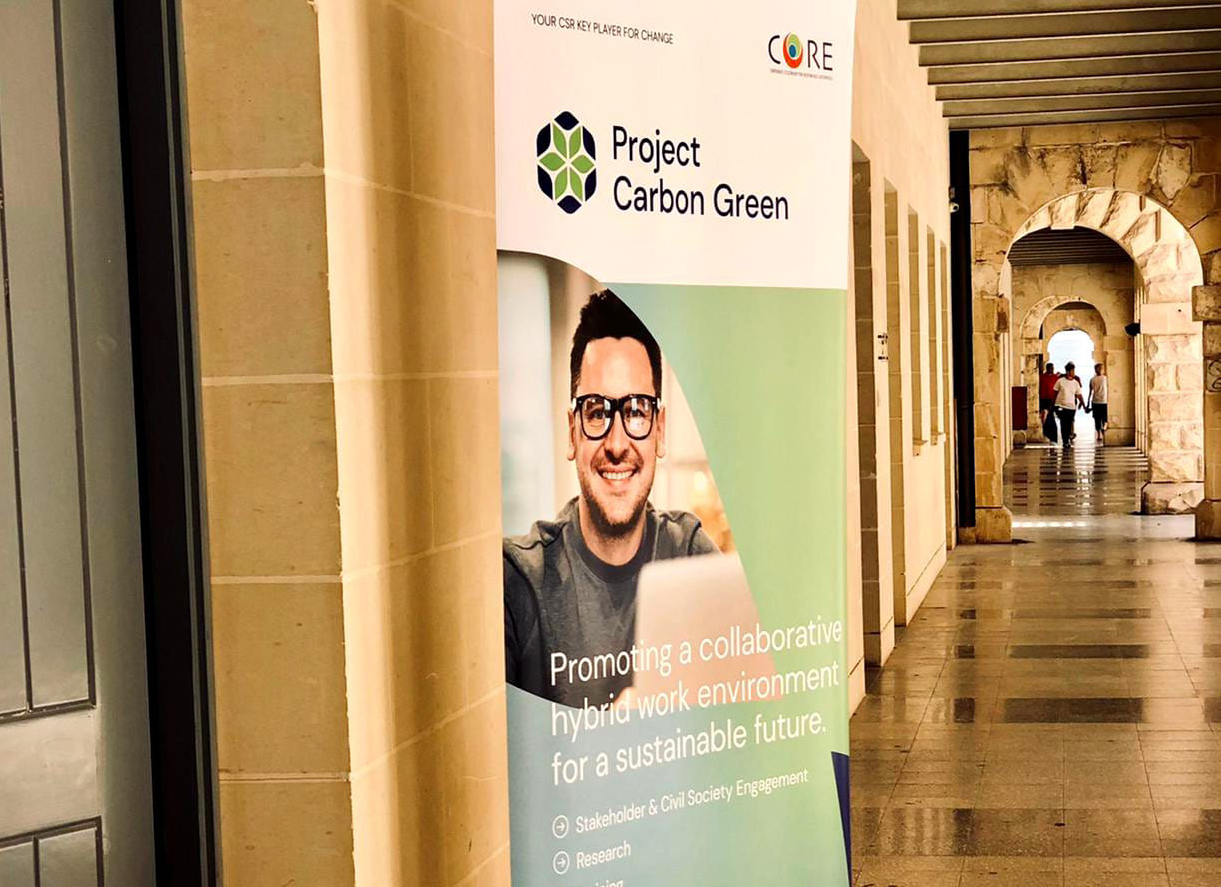Developing a long term strategy
This training program was funded by the Malta Council for the Voluntary Sector and fell under the MCVS’ Training Initiatives Scheme – Priority 2.
The training program was divided into three overarching workshops. The first one dealt with socio-cultural literacy. This workshop identified the need to function efficiently and the need to form an effective inclusive team. Challenges were be addressed together with the main strategic priorities. The workshop also went into how we can appreciate each other’s uniqueness and maximize potential.
The second workshop addressed the competitive advantages and built on the strategic priorities discussed in the previous workshop. This was then followed by a third workshop that looked into a vision for the future and developed a long term strategy.
Below, kindly find the report of the training program:
Moving Beyond Integration: Striving Towards an Inclusive Workforce in Times of Change
Globalization, together with a rising number of minorities and communities, businesses and organisations are nowadays becoming shaped more and more by cultural diversity. Thus, it has become imperative to strive towards removing the discrimination that is emerging as a result.
The purpose of this training program was to provide tools to examine how to effectively address issues within a cultural and ability-diverse workspace. It also sought to examine challenges and opportunities related to work place literacy from a non-Maltese worker’s perspective as well as from the employer’s perspective, explore what we can learn from each other, and look for ways at how challenges that hinder inclusion can be mitigated or overcome.
The training program was divided into three parts which were held within a period of three months. The first workshop, ‘Social Cultural Issues & Workplace Literacy’, held on the 26th of September 2018, examined workplace literacy needed to foster inclusion at the workforce. The second workshop, ‘Strategic Priorities & Competitive Advantages’, which was held on the 3rd of October, addressed issues related to strategic priorities that help or hinder inclusion at the workplace. The third and final workshop, entitled ‘Fostering an Effective Inclusive Work Environment: Changes and Vision for the Future’, held on the 7th of November, discussed applicable changes needed to successfully foster an inclusive work environment.
The participants were divided into small rotating groups that worked on topical working questions related to the subjects of each workshop. There was excellent participant engagement, with all of the people present presenting their ideas, experiences, and suggestions to the rest of the group.
As a result of the training program, a number of gaps have been identified:
- There is still a lack of education and awareness of issues relating to cultural diversity in the workplace;
- Communication barriers in the workplace are still present;
- There is still a lack of importance being given on the subject of social inclusion by the media;
- There is still a lack of interest present on subjects of cultural diversity and social inclusion by business.
Therefore, in order to foster inclusion at the workplace and enhance community cohesion we propose the following:
- Educational programmes, which are open to organisations, businesses, employers, and employees, about issues related to the dynamics of different types of bias, discrimination, and racism;
- Cultural mediators should be employed to give training to staff and management on subjects of inclusion, diversity, and workplace literacy;
- Incentives should be given to foreign employees to attend language courses;
- Introduce concepts like ‘a human library’ within companies to raise more awareness on the different cultures and ideas present within a workplace and ensure a stronger and more effective inclusive team;
- Spreading awareness through the media and through community projects and events;
- Strategic inclusive thinking and planning;
- Businesses need to invest more in Corporate Social Responsibility (CSR), especially internally;
- The endorsement and support of government and local authorities of similar training programmes, workshops, and seminars that address issues of cultural diversity and workplace literacy.
As a final remark, training program designer & leader, Ms Maria-Gabriele Doublesin, stated that statistics show that high employee engagement and inclusion increases work productivity. For these reasons, inclusion must become a strategic cornerstone because diversity without inclusion will not work.




